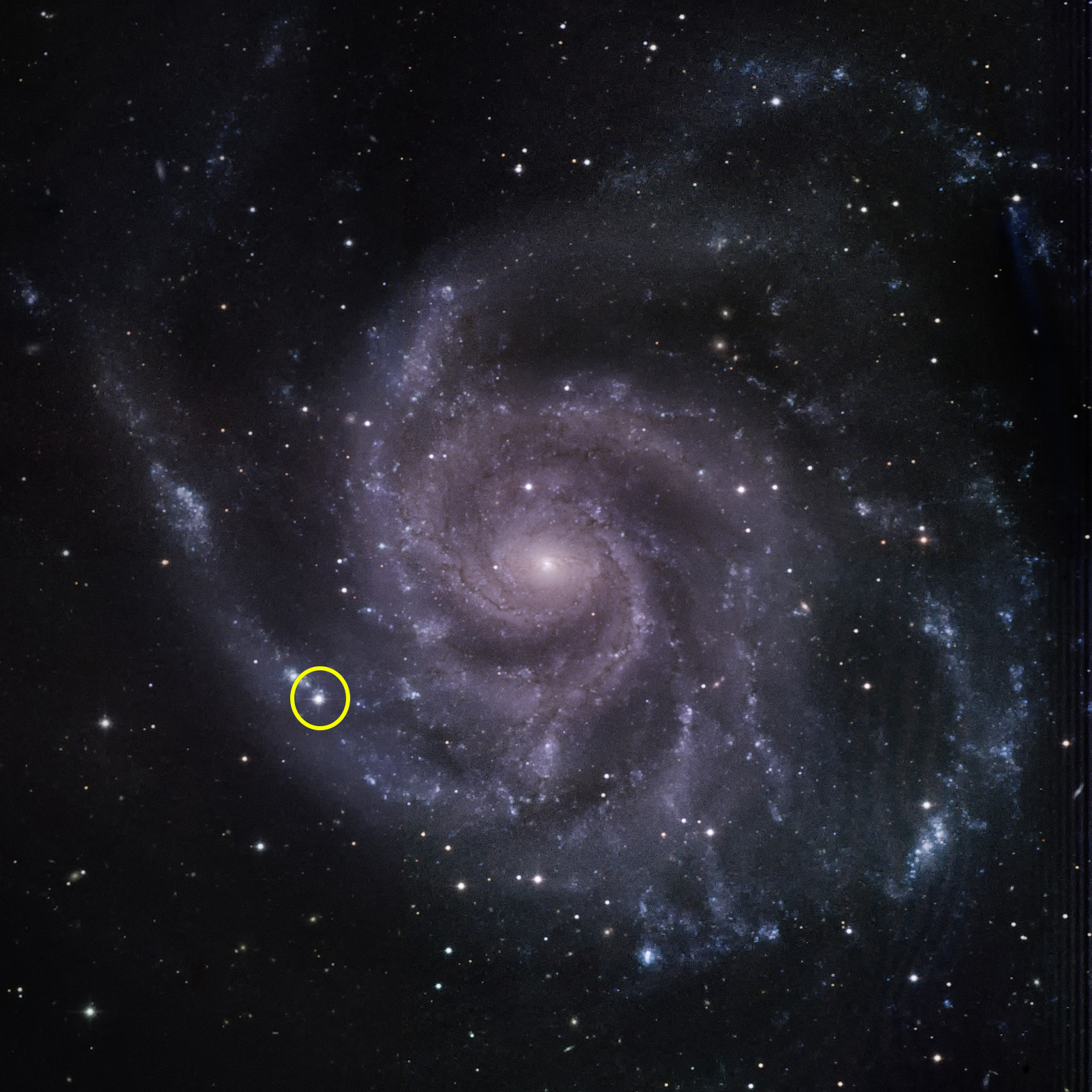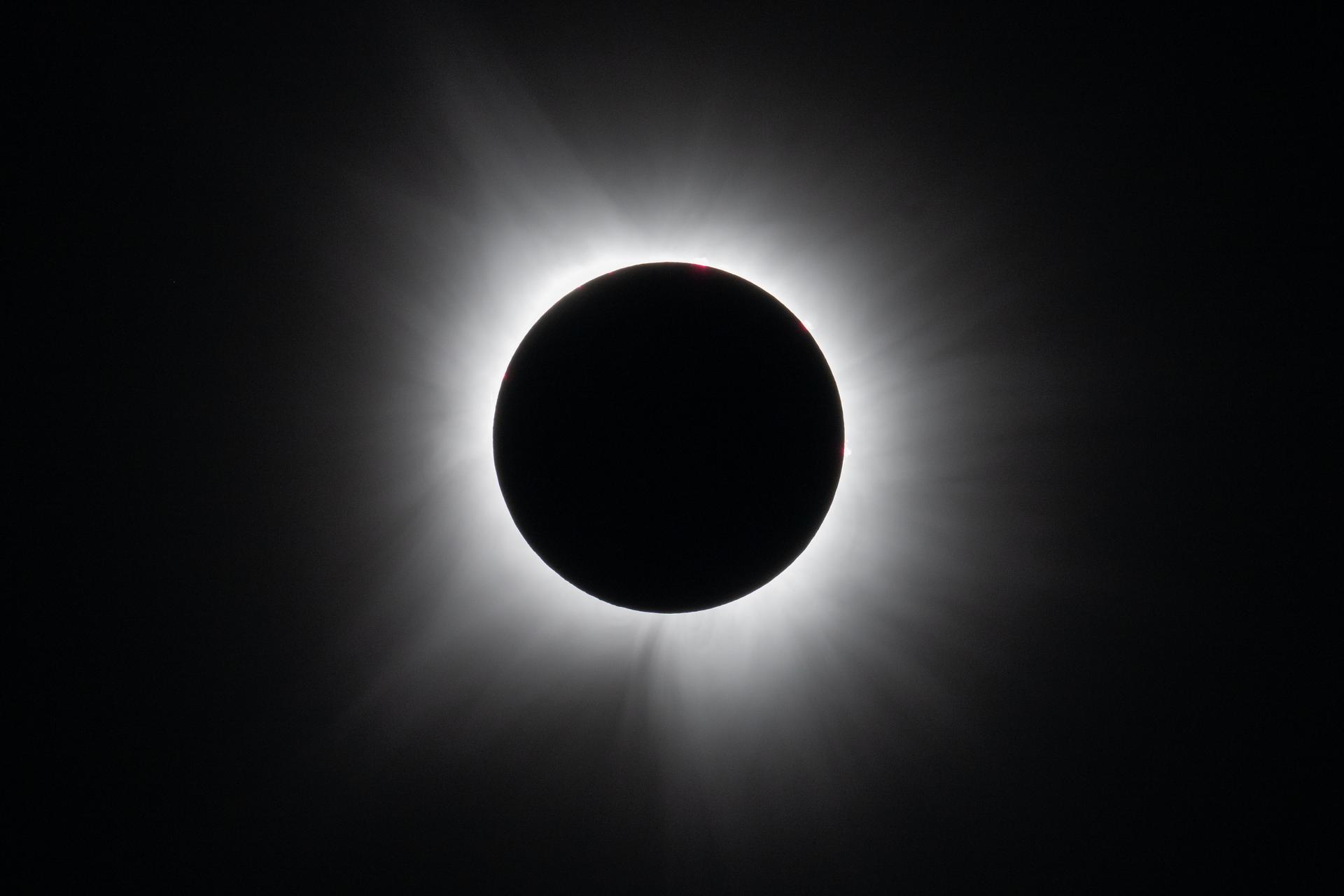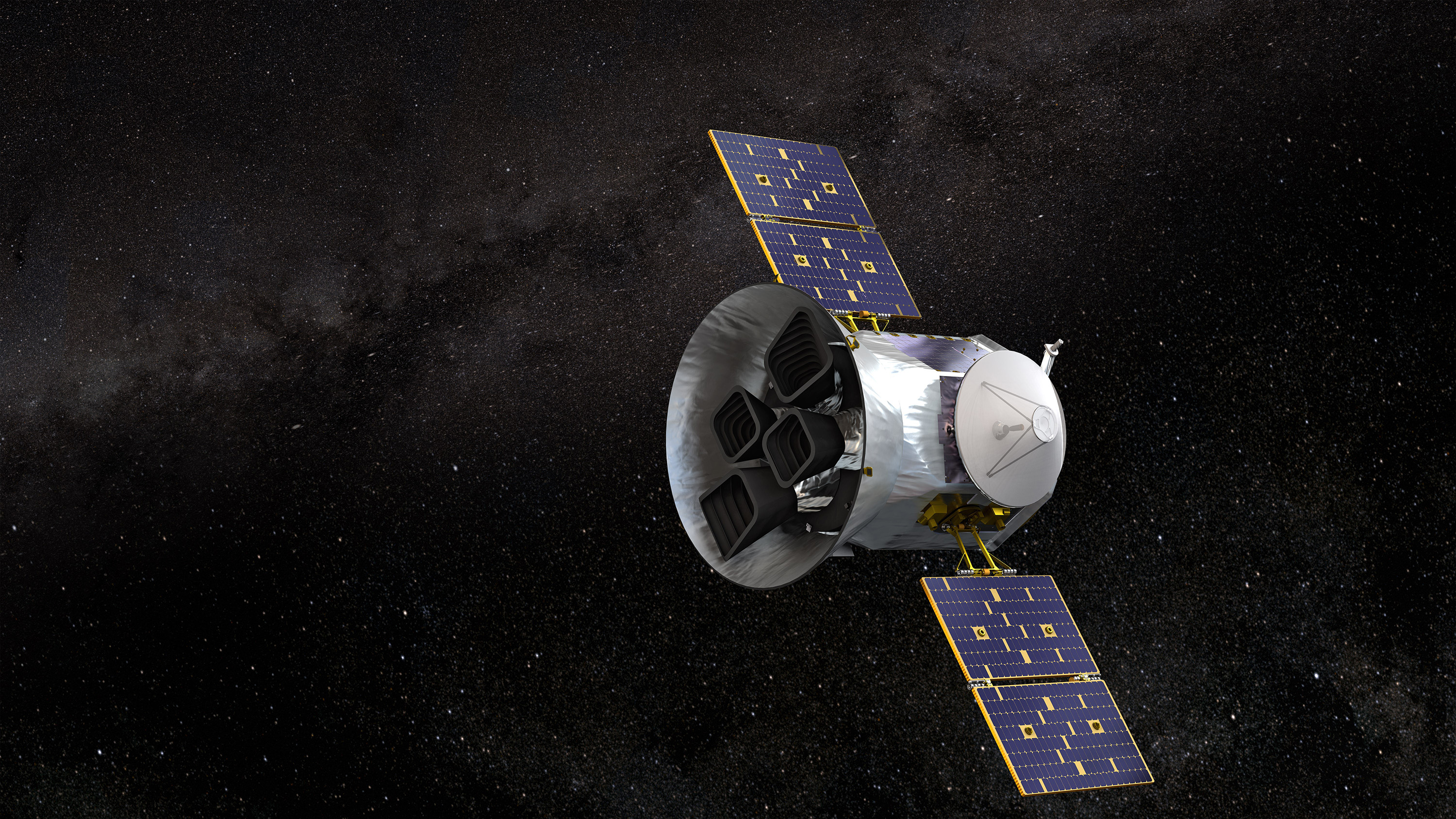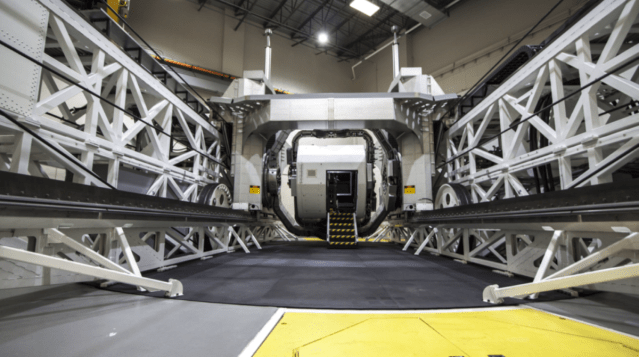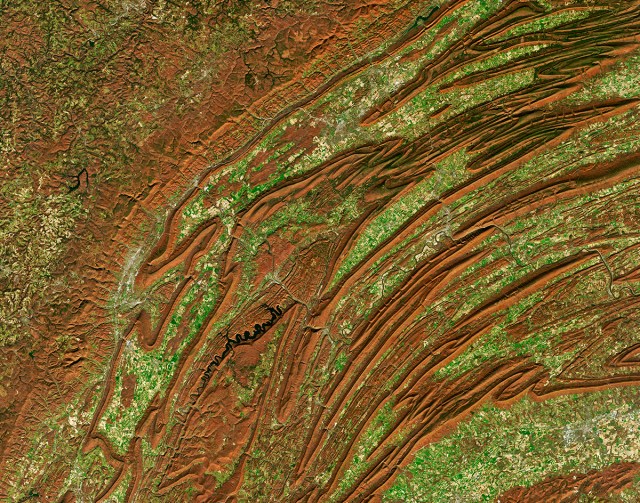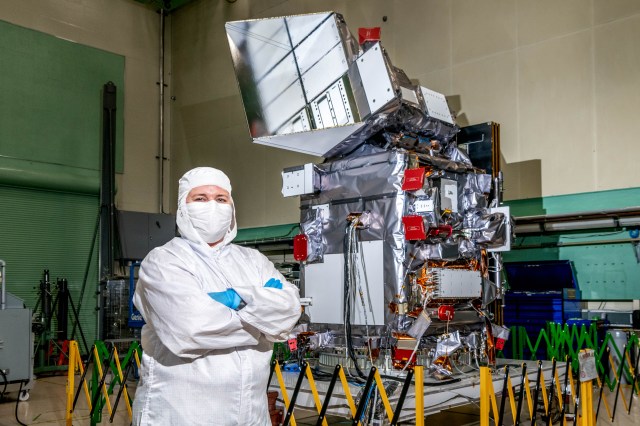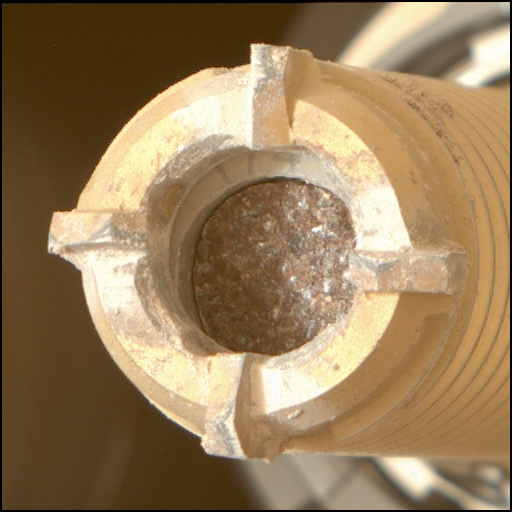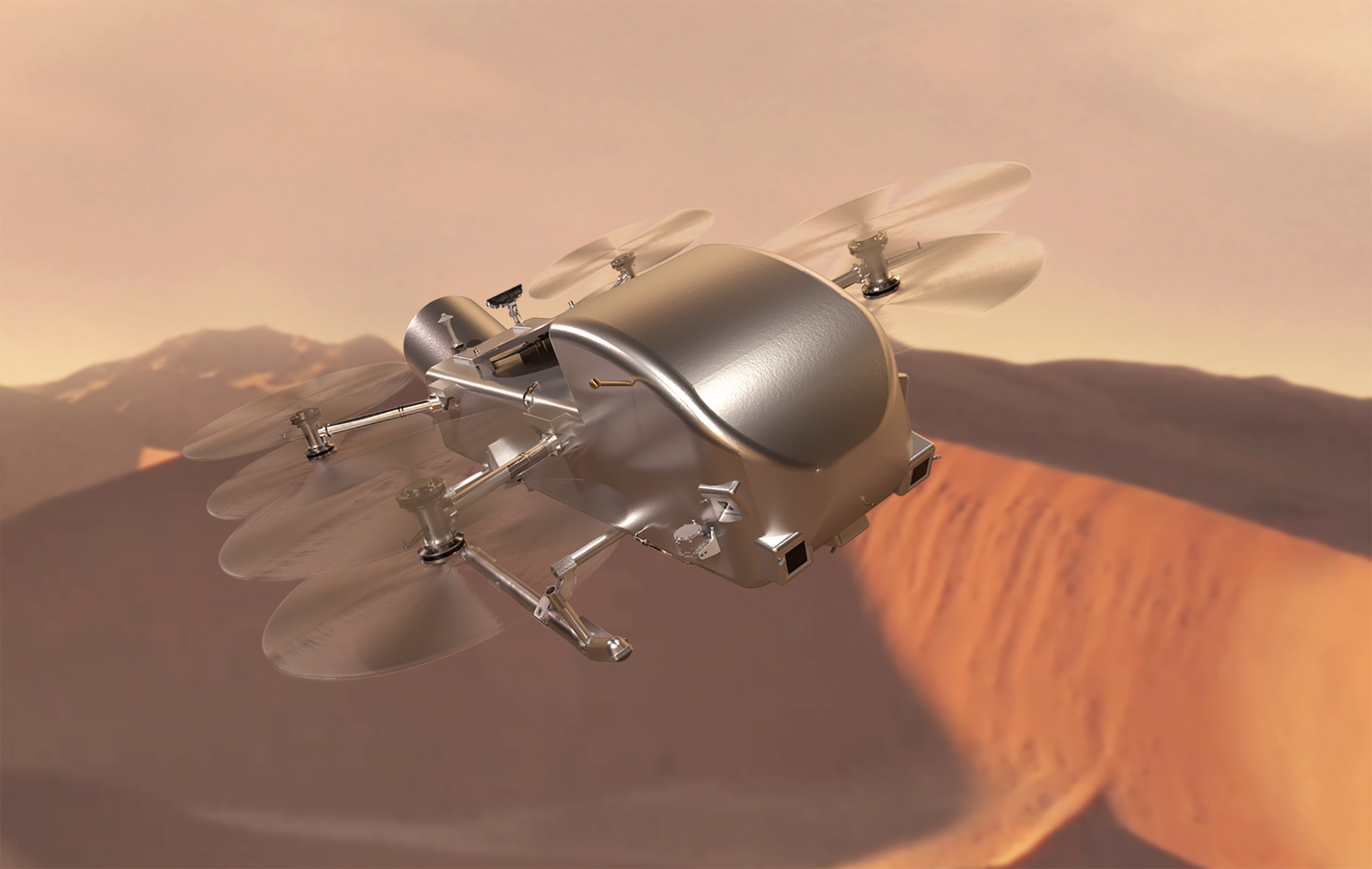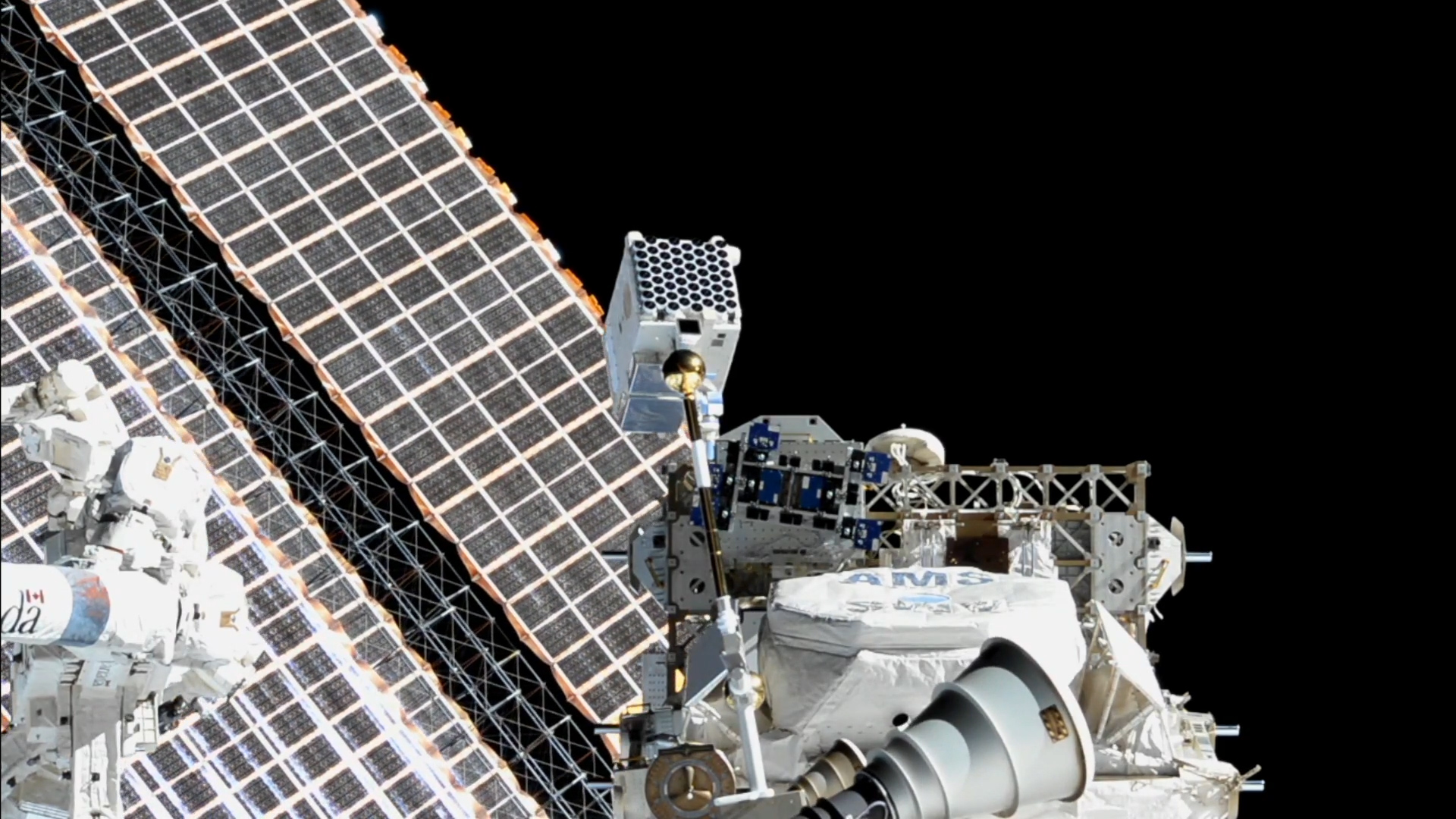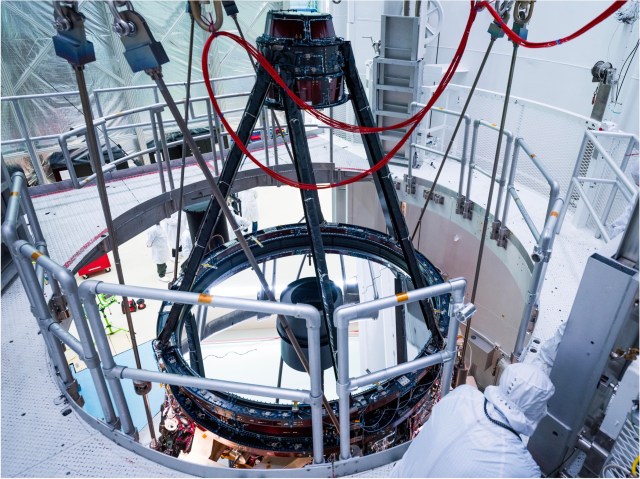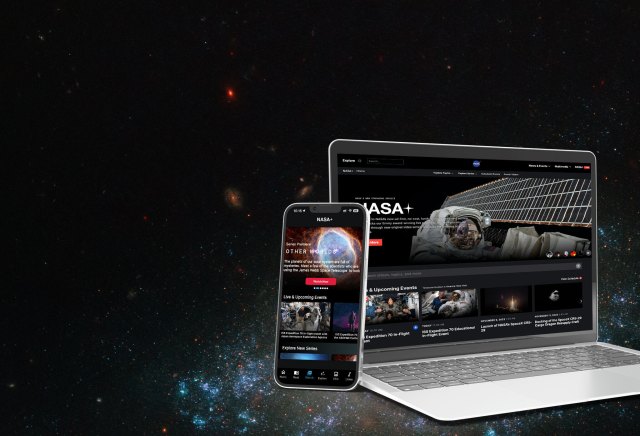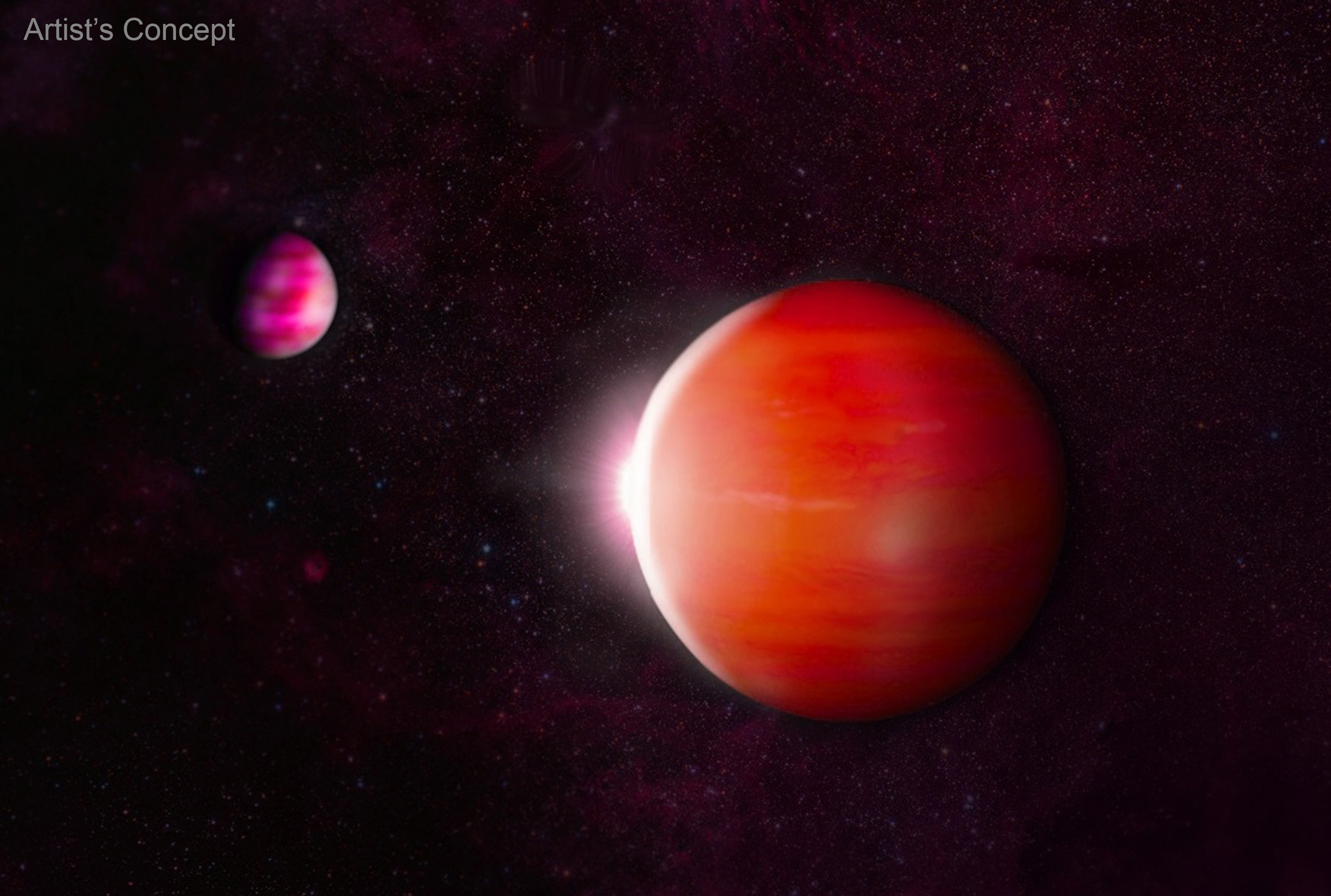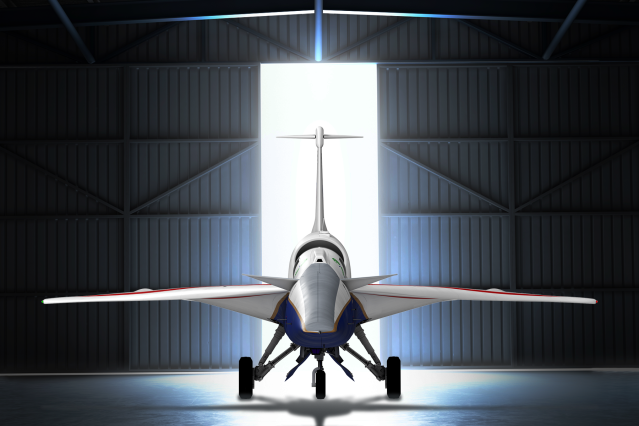When the Space Launch System and the Orion spacecraft make their inaugural flight in 2018, called Exploration Mission-1 (EM-1), three of the 13 small satellites that will be hitchhiking a ride to deep space destinations such as Earth’s moon and asteroids to gather data valuable to future exploration missions will be the top competitors of the Cube Quest Challenge.
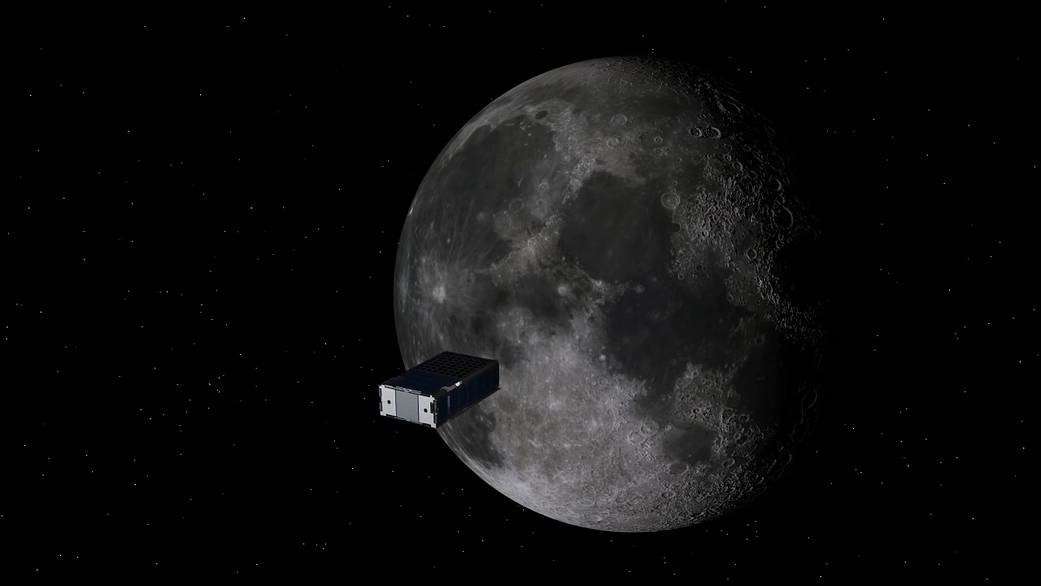
“This is an exciting time for teams to launch to the Moon (and beyond), and the Cube Quest Challenge offers an extraordinary opportunity to test their spacecraft, encouraging the next generation of deep space explorers,” said Jim Cockrell, Cube Quest Challenge administrator at NASA’s Ames Research Center in Moffett Field, California.
NASA’s Cube Quest Challenge is designed to foster innovation in small spacecraft propulsion and communications. The competition, offering a total of $5.5 million in prize money, includes three stages: the Ground Tournaments, the Deep Space Derby, and the Lunar Derby.
Teams of non-government CubeSat builders participate in four Ground Tournaments, which are progress checkpoints held every four to six months that include incremental prizes to teams that rate high on mission safety and probability of success. Teams may enter the competition at any of the four tournaments, but must place in the top five in the first or second to be considered for a launch opportunity on EM-1.
Once deployed from SLS, the CubeSats compete in the Deep Space Derby and the Lunar Derby, which offer awards for additional achievements in space. Teams not awarded a spot on SLS may still compete in the derbies, but must find an alternative launch vehicle.
The Deep Space Derby will focus on finding innovative solutions to deep space survival and long distance communications using small spacecraft, and the Lunar Derby will focus primarily on propulsion and navigation for small spacecraft while in lunar orbit. Together, these challenges are expected to contribute to opening deep space exploration to non-government spacecraft for the first time.
The Cube Quest Challenge is sponsored by NASA’s Space Technology Mission Directorate Centennial Challenges program.
For more information about Centennial Challenges, visit:
https://www.nasa.gov/directorates/spacetech/centennial_challenges/index.html

